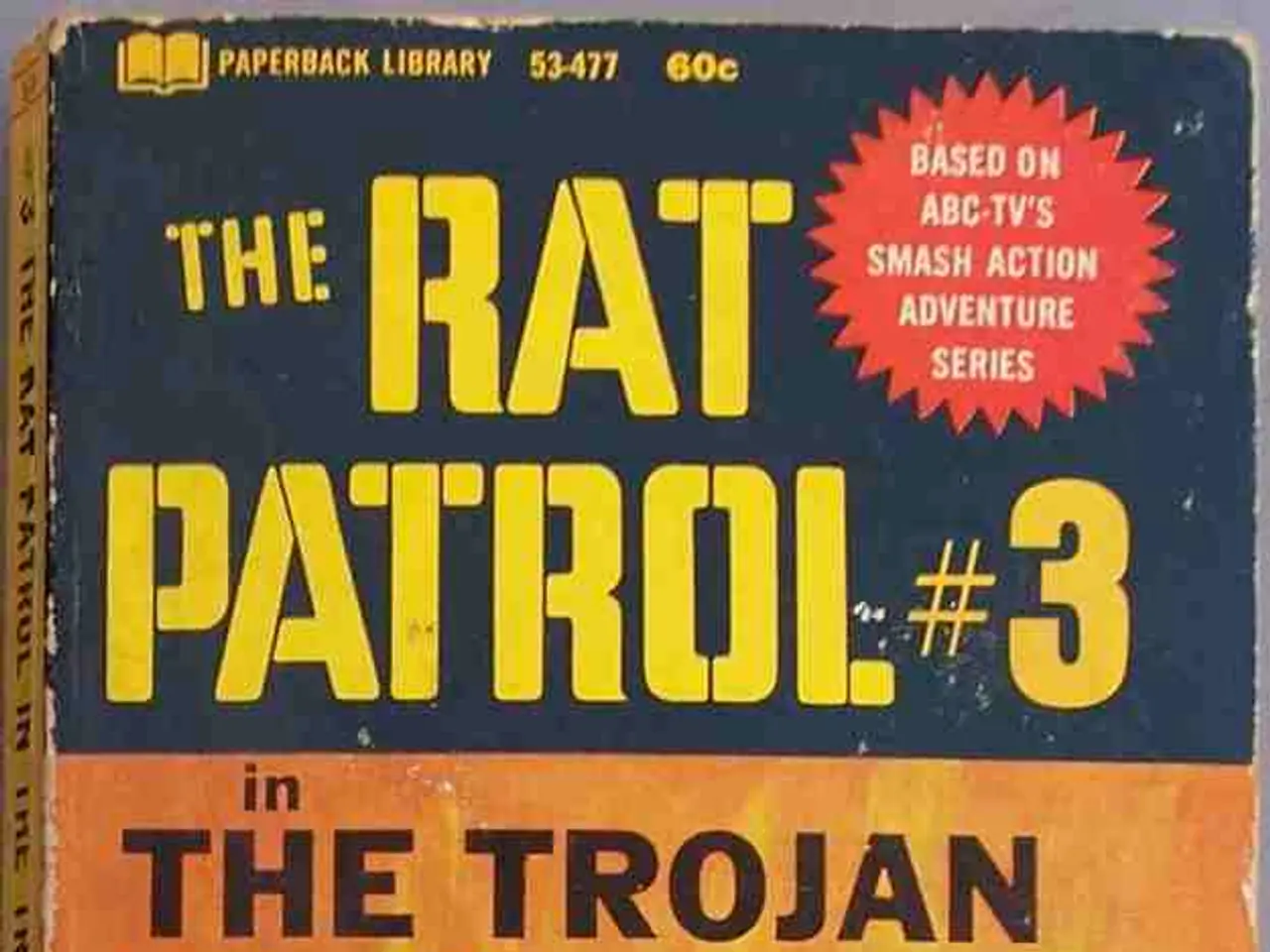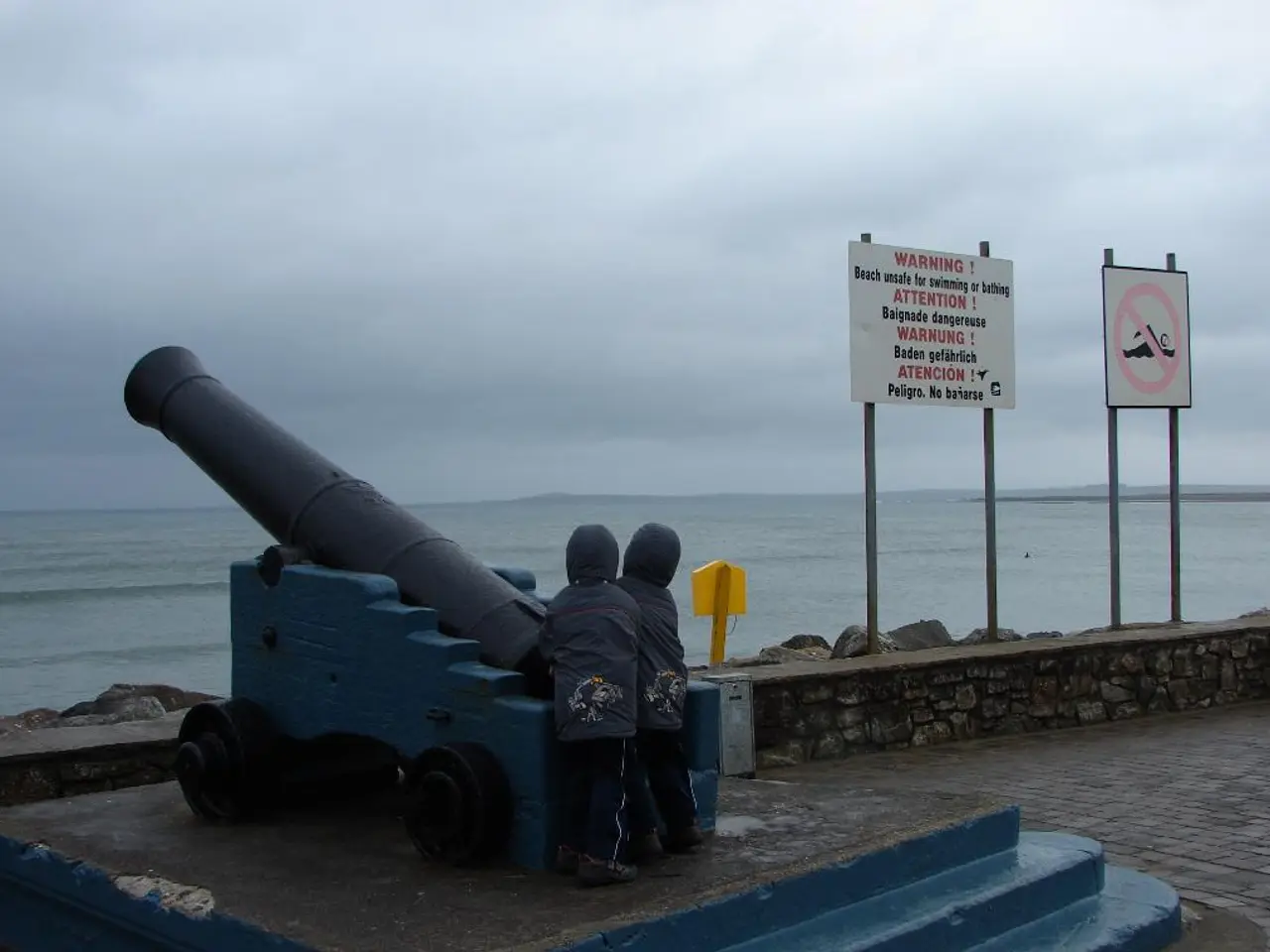United Kingdom Experiences Anarcho-tyranny: Non-Crimial Hate Incident Policing Intensifies
Non-Crime Hate Incidents: A Questionable British Approach
Ever heard of a "non-crime hate incident"? Well, it's a uniquely British phenomenon. You can get reported for something as simple as saying something perceived as rude about someone's favorite pet (yes, it's legal), and the police might drop by for a stern warning. Without any recourse or appeal, you'll be branded as the perpetrator of a non-crime hate incident. This system is meant to control hate speech, but in reality, it punishes Brits for stepping out of line. Kids can even be reported for the same reason!
The UK government has an 11,000-word webpage that explains the ins and outs of "Non-Crime Hate Incidents." The following quote from the page sets the tone:
You could end up in the system for saying or doing something "perceived by a person other than the subject (you) to be motivated - wholly or partly - by hostility or prejudice towards persons with a particular characteristic." That characteristic includes the usual suspects - race, religion, sexual orientation, and disability. An officer can easily throw you into the system if they feel it's necessary.
Complaints can come from anyone - it could be about something you said or did, or even a tweet. Police intervention is only required if the investigating officer determines that there wasn't any hostility or prejudice. If they believe you might be a nasty character, they can put your information into a database. This could negatively impact your job prospects if you're applying for roles in teaching, childcare, medicine, social work, or similar fields.
Some complaints aren't even remotely reasonable. For example, someone in North Wales complained that neighbors hung "a very large soiled pair of underpants on their washing line" and didn't take them down for two months. Their issue? The complainant is of Italian heritage.
The absurdity doesn't end there - a man was reported for refusing to shake hands with someone he thought was transgender. A Russian-speaking man claimed he received an aggressive haircut from a barber after discussing the war in Ukraine. A nine-year-old girl was reported for calling a classmate a "retard," and two secondary-school girls got the treatment for saying another pupil smelled "like fish." You get the picture.
Police pay a visit to people for "misgendering" someone. A pub manager got reported for kicking out customers who were having sex in the bathroom; the complaint claimed that one of the engaged couple was transgender. It appears that these kinds of incidents are tolerated when they involve normal people, but not when they involve someone "special."
The Home Office states their intention is to have "common sense" rules in place to prevent foolishness and make write-ups reserved for "incidents 'clearly motivated by intentional hostility' where there is a real risk of escalation 'causing significant harm or a criminal offence.'" However, this remains highly subjective.
In a poll conducted by The Times of London, 92% of people believed police should stop investigating non-crime hate incidents. The current Labour government, on the other hand, sides with the 8% who support the current system. They argue that tracking these incidents "can be a crucial tool to enable police and other authorities to track and warn of rising abuse against Jewish and Muslim communities."
Jewish and Muslim groups contend that recorded hate crimes relating to anti-Semitism and Islamophobia represent only a fraction of the actual abuse suffered. It's likely that other "protected categories" would make the same claim.
The overall idea of the police investigating non-crimes is absurd, leading people to hold their tongues and avoid upsetting Britain's "special" individuals. Last year, police recorded over 13,000 cases of non-crime hate, which consumed approximately 60,000 police hours.
Despite the focus on non-crime hate, crime in Britain is far from non-existent. Violent crimes in Britain have more than doubled over the past 10 years, with three out of four burglaries remaining unsolved.
The UK's approach can be described as anarcho-tyranny, a term coined by the late Sam Francis, who foresaw this situation 30 years ago. Anarcho-tyranny occurs when police fail (or refuse) to control crime, turning their attention instead to law-abiding citizens for trivial offenses like non-crime hate incidents, malicious communication, praying in school, and more. This, indeed, are sad times for our countries.
- The effectiveness of the policy-and-legislation in addressing urgent issues like violent crimes is questioned, as the UK police spent approximately 60,000 hours last year investigating non-crime hate incidents, which accounted for over 13,000 cases.
- The community of other "protected categories" might voice similar concerns as Jewish and Muslim groups, who claim that the reported hate crimes represent only a fraction of the actual abuse suffered, suggesting a lack of comprehensive data collection.
- In light of the controversies surrounding the police investigations into non-crime hate incidents and the focus on general-news topics like these, there is a growing call for reform in the UK's policy-and-legislation, especially considering the increasing violent crimes and unsolved burglaries.





